Fleeing for Survival: A Mother's Harrowing Escape from Zamzam Camp Amidst Chaos in Sudan
- by Mohammed, Sudan, RNG247
- about 6 months ago
- 134 views
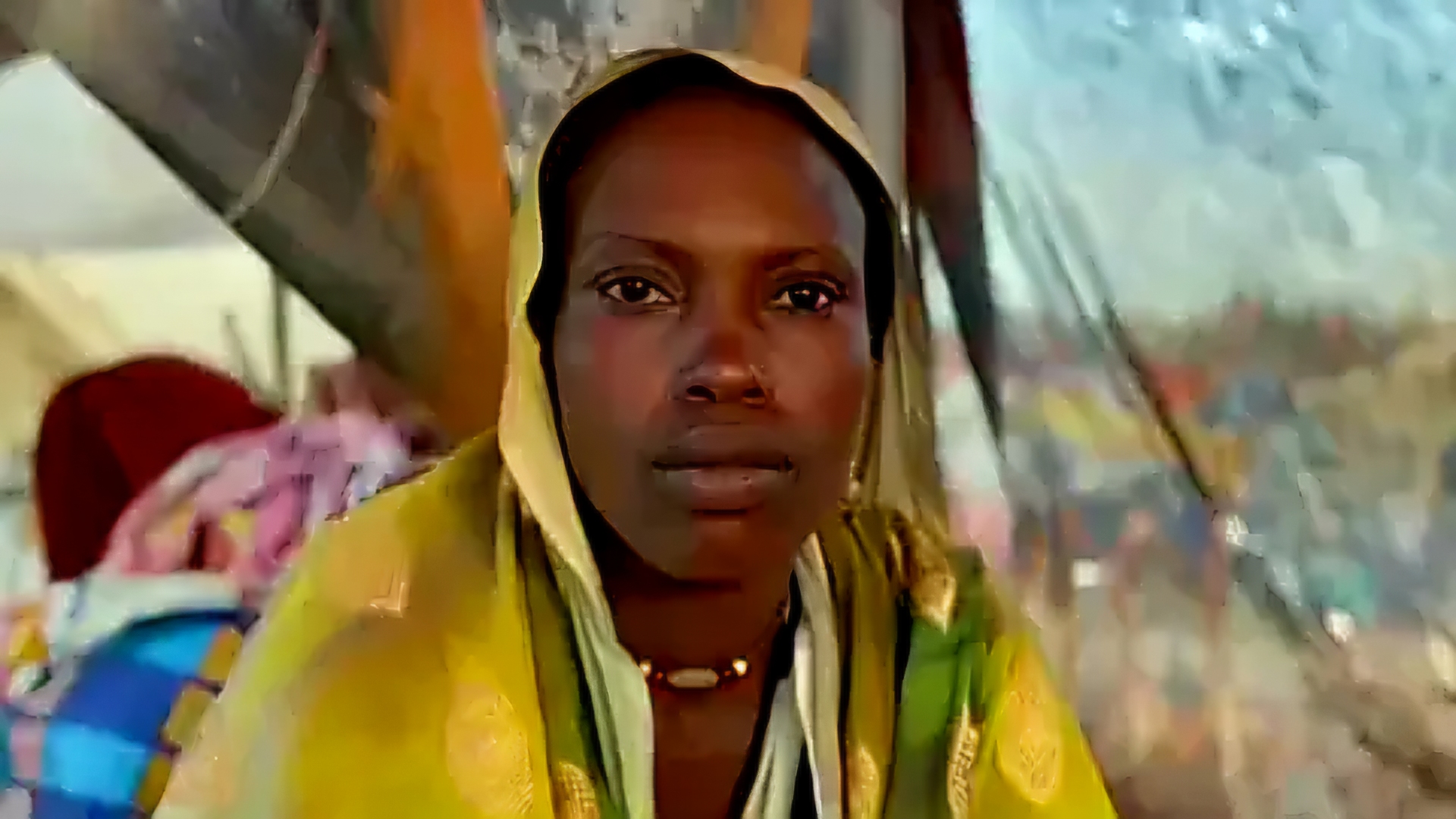
...child in arms, luggage on my head, I fled Sudan camp for safety
The resilience of the 700,000 residents of Zamzam camp, one of the world's largest shelters for internally displaced people, has once again been tested as they faced an onslaught from paramilitary forces last week. For those living in this makeshift haven in the Darfur region, their previous struggles were already monumental—having fled violence and conflict that has gripped the region for over two decades. Their hopes of rebuilding shattered lives were abruptly extinguished when the camp was subjected to a fierce ground and aerial assault.
In the latest escalation of violence in Sudan, the paramilitary Rapid Support Forces (RSF) attacked Zamzam as part of their efforts to gain control of the nearby city of el-Fasher, clashing with the Sudanese Army. While the RSF has denied reports of heinous acts within the camp, they have publicly acknowledged their takeover of the area. The destruction has been so extensive that North Darfur Health Minister Ibrahim Khater described Zamzam as “completely destroyed.” He lamented, “No one is there.”
Among the thousands who fled in terror was 28-year-old Fathiya Mohammed. After spending three months in the camp, she faced the painful choice to leave, carrying her two children—one on her back and the other in her arms—while balancing her belongings atop her head. For four arduous days, she walked barefoot through treacherous terrain, seeking safety in the town of Tawila. Tragically, she lost her husband during the chaos of the attack. To this day, she remains uncertain about his fate.
On her perilous journey, Fathiya and her family were also assaulted by thieves, compounding their already dire situation of exhaustion, hunger, and thirst. The medical charity Doctors Without Borders (MSF) reported that tens of thousands of individuals have fled to Tawila in the aftermath of the Zamzam attack.
Saadiya Adam, another camp survivor, left with her two young children after their makeshift home was completely destroyed. “They burned my house in Zamzam, and they burned my sheep. Everything I owned was burned. I have nothing left,” shared Ms. Adam, who had found refuge in the camp for just two months before the devastating assault.
Photographs captured by a freelance journalist reveal a sea of internally displaced individuals flooding into Tawila, some arriving on foot, others using trucks and donkey carts. As the influx of refugees continues, local facilities are being overwhelmed. MSF noted that in just a couple of days, over 20,000 people sought medical treatment at their hospital in Tawila. "We see many people injured by bullets; it is becoming routine," said head nurse Tiphaine Salmon. The harrowing cases include a seven-month-old baby who arrived with bullet wounds and appeared withdrawn, unable to cry.
Witness testimony from those who experienced the assault firsthand depicts the horror of the attack. Issa Abdullah recounted, “We were six of us when we encountered the RSF. Three vehicles opened fire on us. A bullet hit me on the head. I’m okay now, but there are others in worse condition.” Another victim, Hussein Khamis, suffered a gunshot wound to the leg during the attack. He lamented, “After I was injured, there was no one to carry me,” but eventually made his way to a hospital in Tawila after navigating the chaos.
The RSF has not issued any comments regarding these allegations of violence and robbery post-attack. Originally set up in 2004 to accommodate those fleeing ethnic violence in Darfur, Zamzam’s seizure marks a critical strategic move for the RSF, especially after their recent loss of control in Sudan’s capital, Khartoum. Presently, they exert influence over much of western Sudan, including most of Darfur, and have announced plans for establishing a parallel government in the territories they control, raising fears of an eventual split of the nation.
While Fathiya Mohammed reflects on her narrow escape, she encapsulates the overwhelming sentiment of many like her: “We want the war to stop. Peace is the most important thing.” In a conflict once again tearing through the heart of Sudan, the quest for safety and stability remains more crucial than ever.



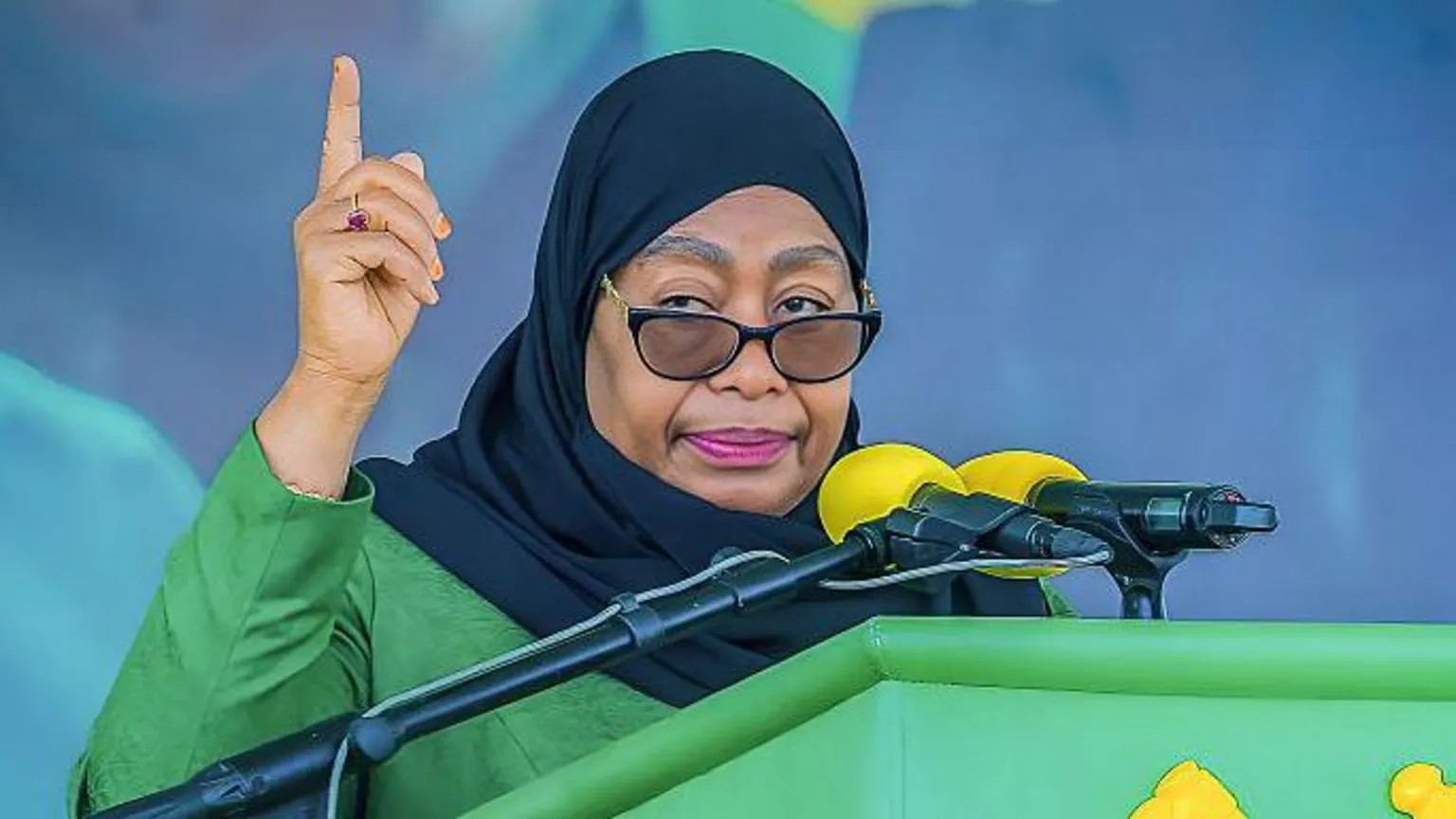

.jpeg)
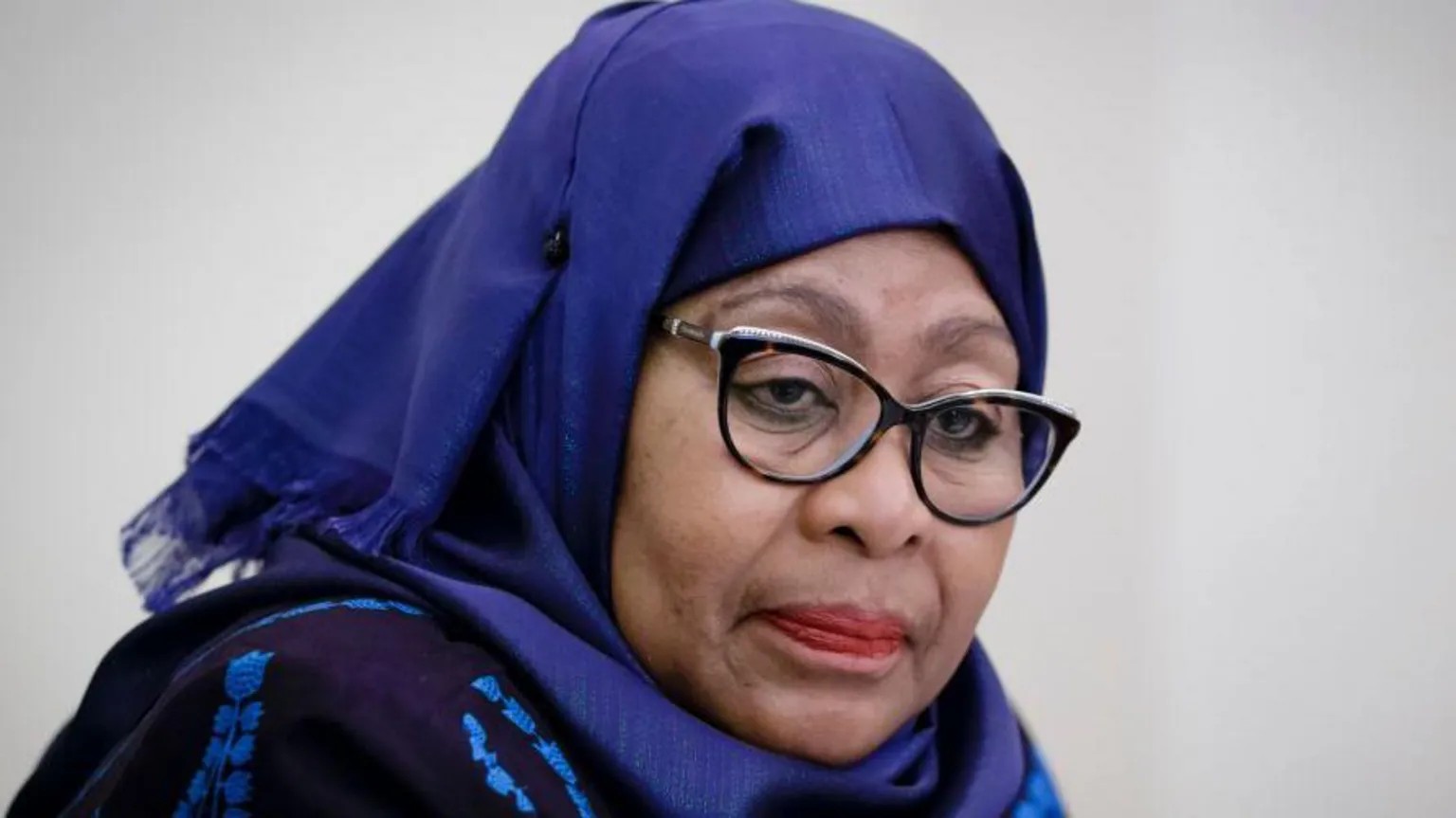

.jpeg)
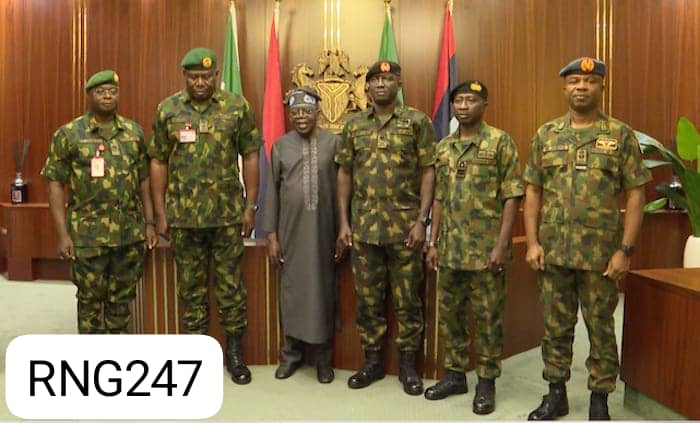
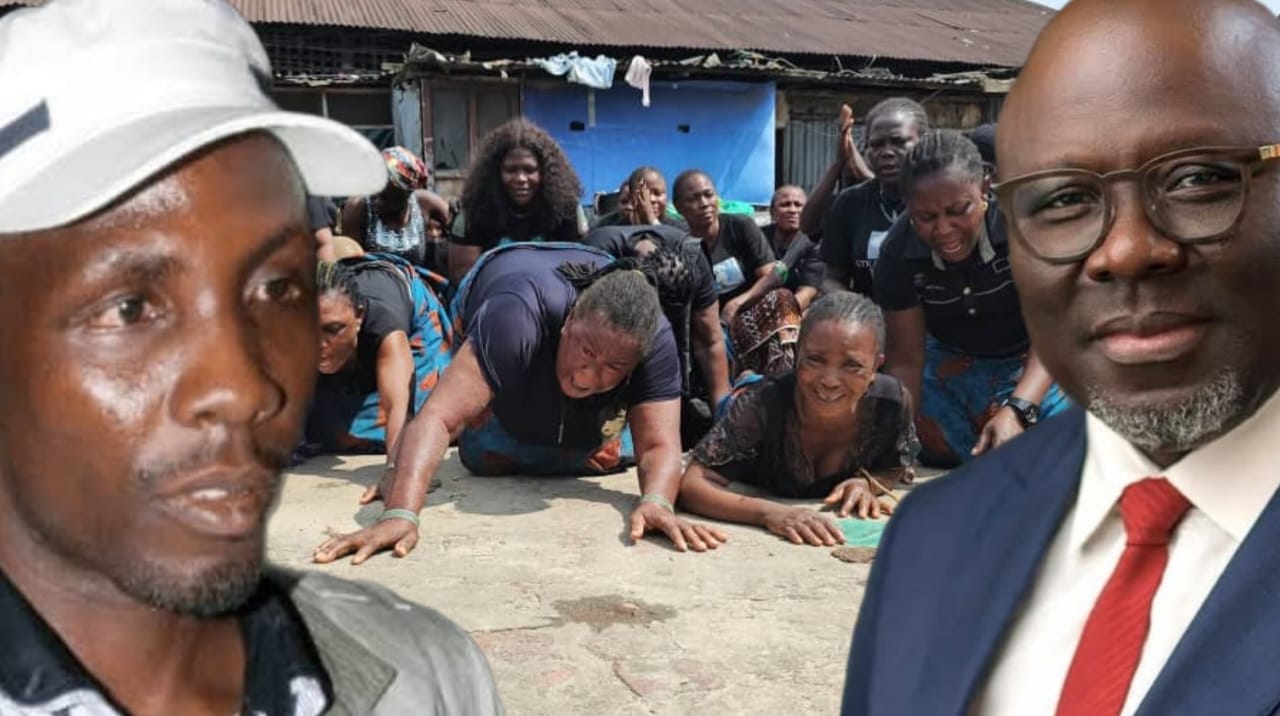
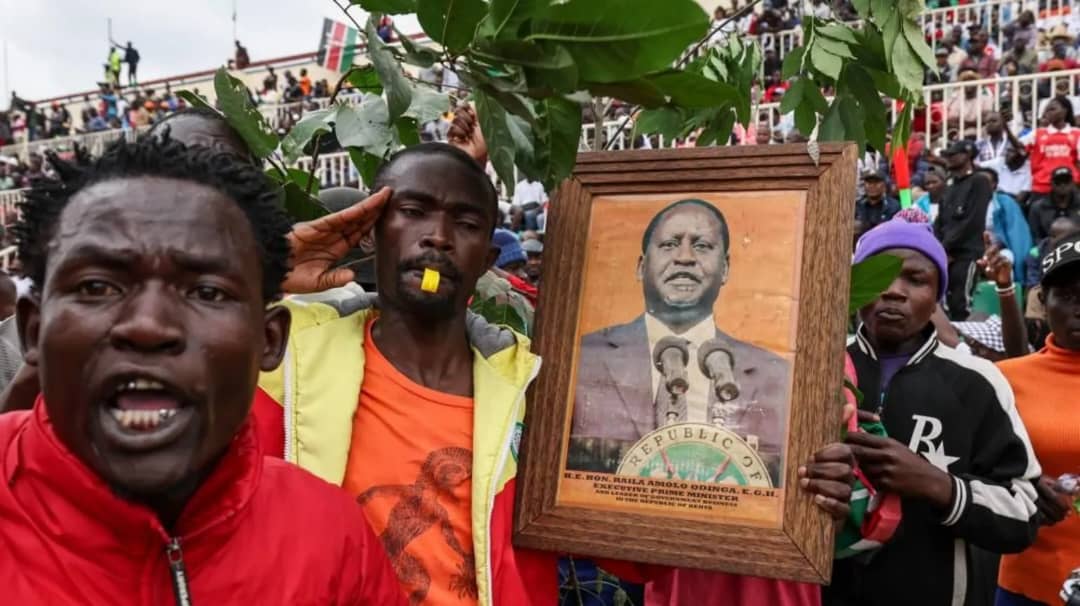
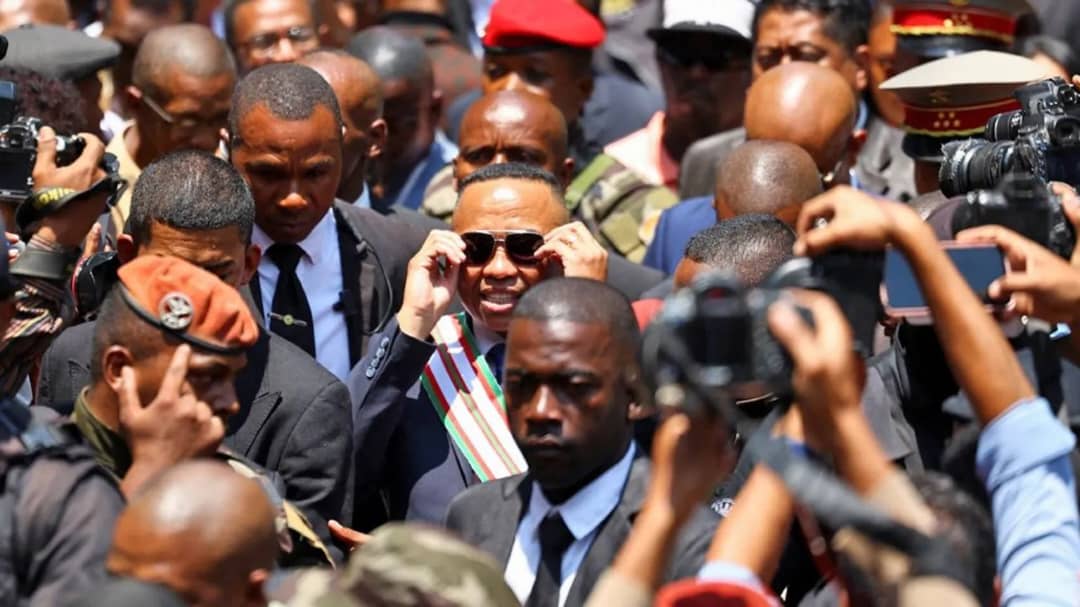
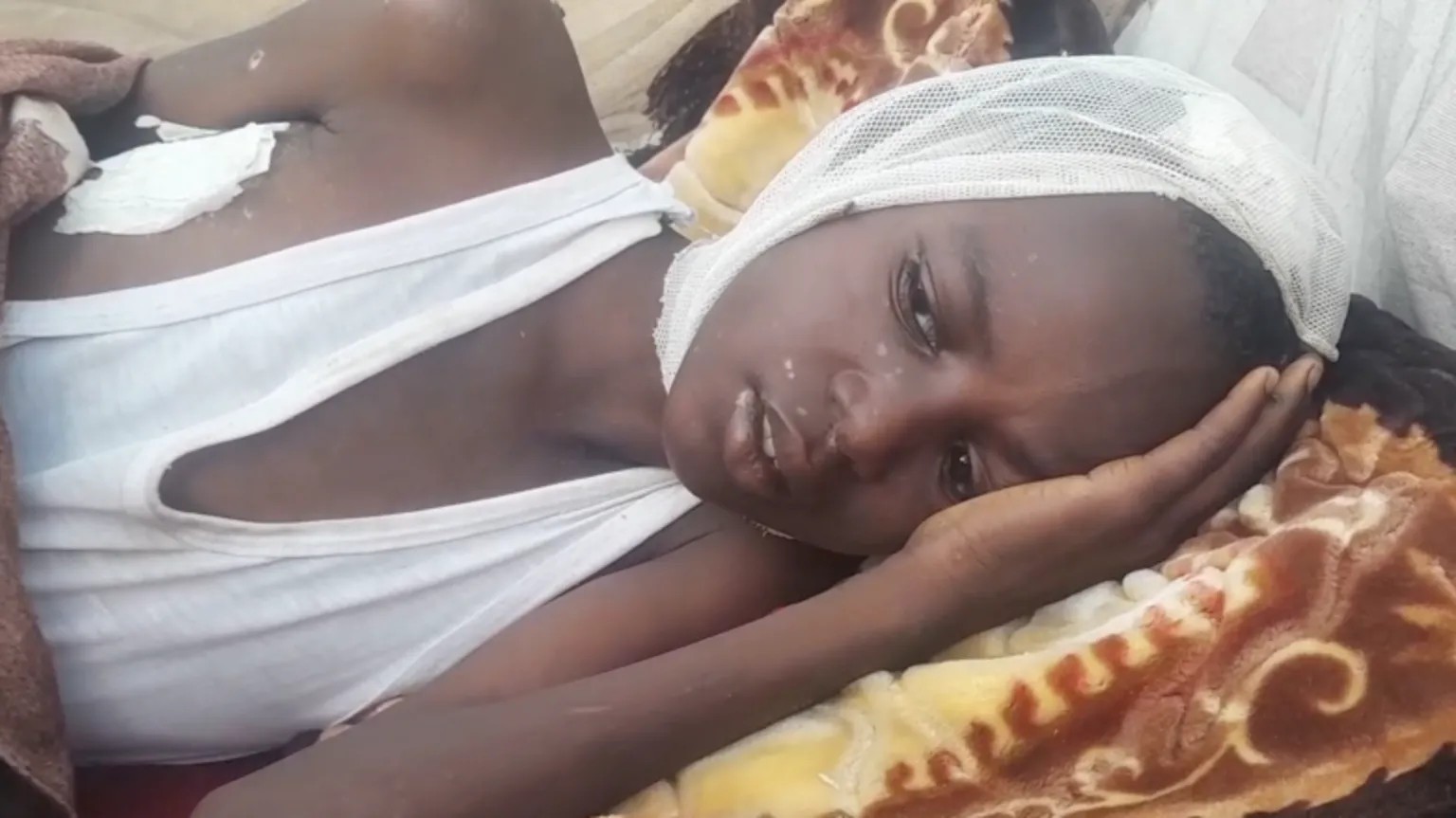
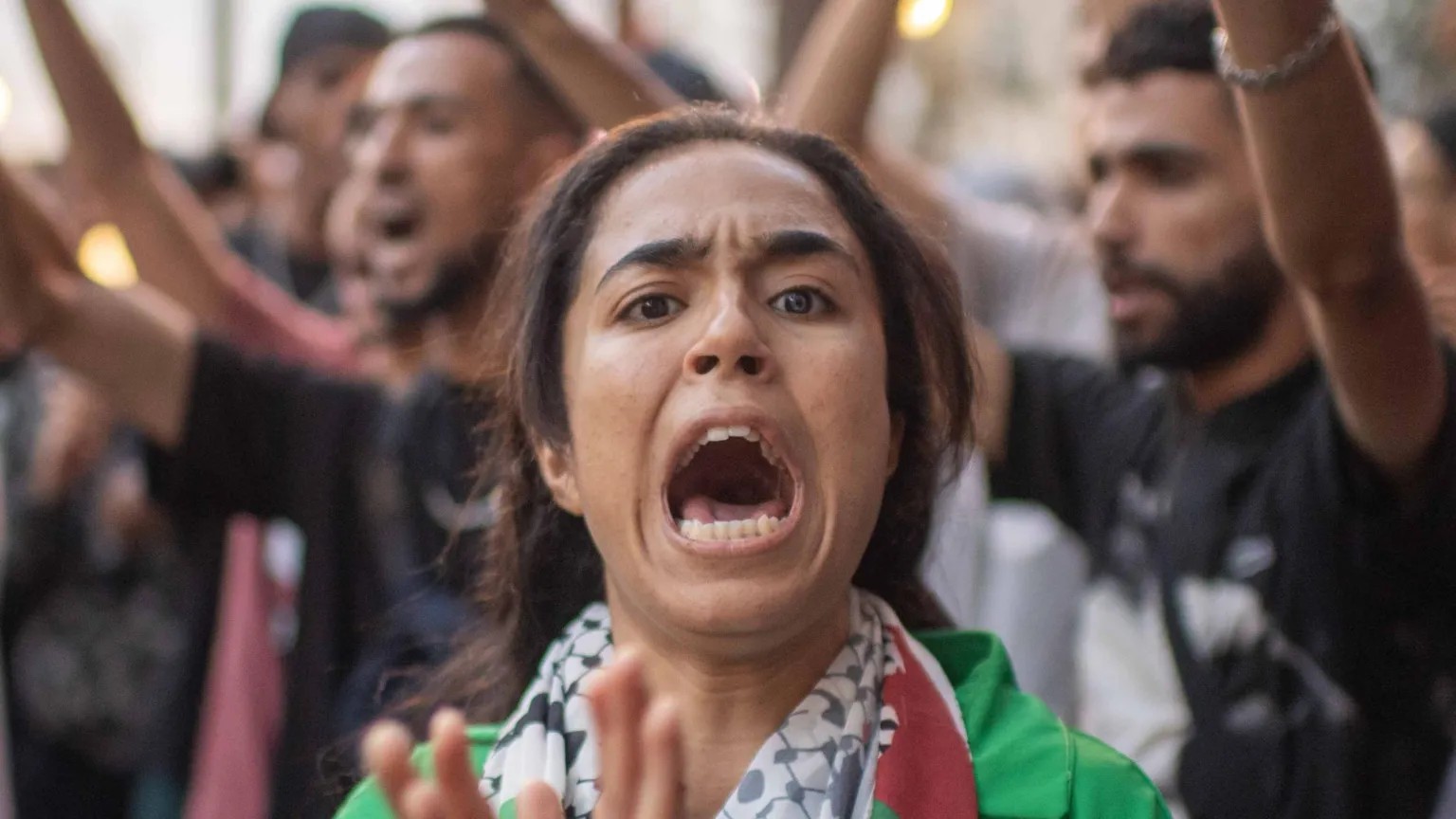

0 Comment(s)